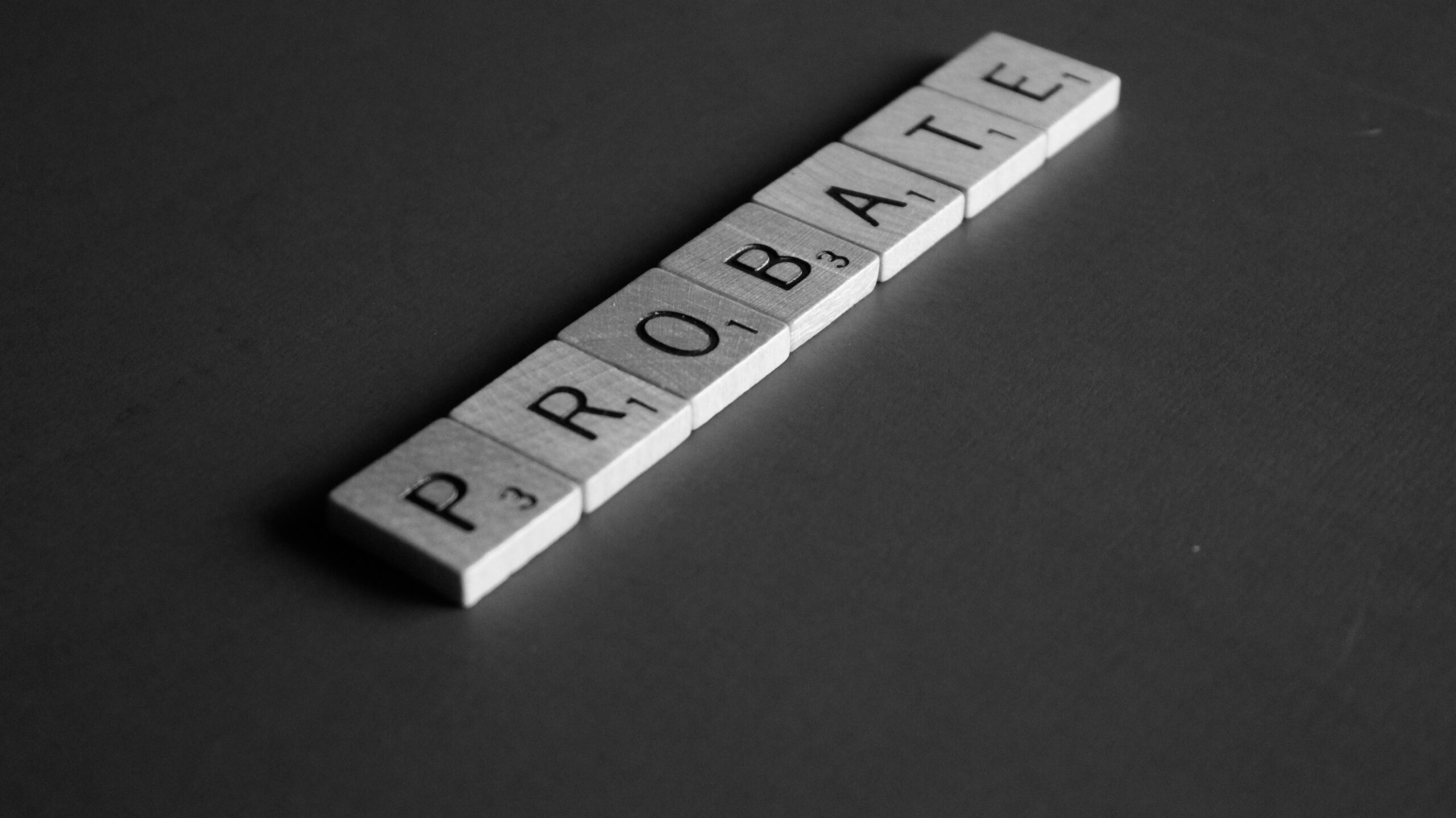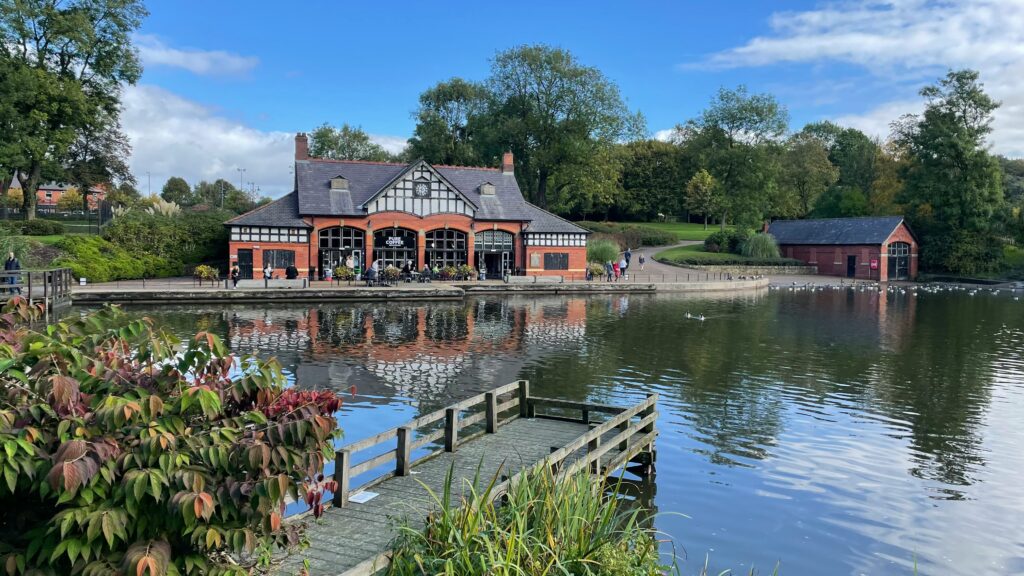
What Does an Executor Do After Probate is Granted?
When a loved one dies, their estate, which includes property, possessions, and finances, must be handled in accordance with their will or, if none exists, the law. This is known as probate. Once the Grant of Probate is issued, the executor’s real work begins. But what does an executor do after probate is granted?
Whether you’re an executor yourself or simply want to know what happens next, this guide will walk you through the key steps after probate is granted in the UK, focusing on property management and ensuring the estate is distributed correctly.
What Is Probate and What Does a Grant of Probate Mean?
Probate is the legal process of administering someone’s estate after their death. If the deceased left a will, the named executor files for a Grant of Probate, which is an official document issued by the Probate Registry that grants them legal authority to act on behalf of the estate.
Once the Grant of Probate is issued, the executor can begin managing and distributing the deceased’s assets in accordance with the will.
Step-by-Step: What Does the Executor Do After Probate?
Once probate is granted, the executor has the following key duties:
1. Collect All Assets
The executor’s first responsibility is to collect the deceased’s assets. This may include:
- Bank and savings accounts
- Investments
- Pension entitlements
- Personal possessions
- Property (e.g., buy-to-let or family home)
Financial institutions typically release funds once they have received the Grant of Probate and proof of identity.
Top Tip: While some banks may release small balances before probate is granted, the majority of larger amounts and property sales require the grant.
2. Settle Debts and Liabilities
Before distributing any assets, the executor must ensure that all debts and liabilities are settled. This includes the following:
- Outstanding bills (utilities, council tax, etc.)
- Loans or credit cards
- Funeral expenses
- Any inheritance tax due to HMRC
If the debts exceed the estate’s value, the executor should seek legal counsel because the estate could be insolvent.
3. Manage or Sell Property
In many cases, property is the most valuable asset in an estate. The executors must decide whether to:
- Transfer ownership to a beneficiary
- Sell the property and distribute the proceeds
If you need to sell a probate property quickly, working with a cash buyer for houses like Sell House Fast can help you avoid the delays and complexities of the open market. We can buy your property quickly, with no fees or chains.
Important: Properties sold during probate may be subject to Capital Gains Tax if their value has increased since the date of death.
4. Distribute the Estate to Beneficiaries
Once all debts, liabilities, and taxes have been paid, the executor may distribute the remaining estate in accordance with the will. This can involve:
- Transferring property or funds to the beneficiaries
- Turning over personal belongings
- Managing trusts if established under the will
Each beneficiary should be given a thorough explanation of what they are receiving and why.
5. Keep Accurate Records
Executors must keep detailed records about:
- Money moving in and out of the estate
- Debts paid
- Property valuation and sales
- Communications with beneficiaries
This is critical in case there are any disagreements or concerns about how the estate was managed.
6. Final Estate Accounts and Closure
The final step entails creating final estate accounts for all beneficiaries. These should indicate:
- Total assets and income received
- Debts and expenses paid
- Final distribution figures
The estate can be formally closed after the beneficiaries have given their approval.
How Long Does It Take After Probate Is Granted?
While probate can take 2-6 months to grant, the process of managing the estate after probate can take an additional 6-12 months, depending on:
- Complexity of the estate
- How long it takes to sell the property
- Whether there are any disputes or challenges
- HMRC’s response to inheritance tax submissions
If you’re having trouble selling a probate property or are under time pressure from beneficiaries, consider a quick house sale to free up funds.
Common Challenges Executors Face After Probate
Being an executor can be a demanding and emotionally taxing position. Some common challenges are:
- Conflicts between beneficiaries
- Complex property sales
- Unexpected debts
- Disputes regarding asset values
- Delays from banks and HMRC
Professional assistance from probate solicitors, estate agents, or regulated house-buying companies can significantly reduce the burden.
Can You Sell a House After Probate?
Yes, once you have received the Grant of Probate, you can legally sell the property. Executors must ensure:
- The house is properly valued.
- If there are multiple co-executors, they all agree.
- The proceeds from the sale are distributed fairly.
FAQs
How long does it take to complete everything after probate is granted?
After probate is granted, it typically takes 6 to 12 months to fully settle an estate. The exact timeline is determined by the estate’s size and complexity, the speed with which debts are settled, and whether or not property is sold.
Do all executors need to agree to sell a property?
If more than one executor is appointed, they must typically work together. That means that everyone must agree on major decisions, such as selling a house, unless one has formally renounced their position.
Can an executor be paid for their work?
Unless the will specifies payment or the executor is a professional (such as a solicitor), most executors are not compensated. They can, however, claim reasonable expenses incurred while managing the estate.
What if a beneficiary disagrees with the executor?
Disputes may arise if a beneficiary believes the estate is being mismanaged. Executors must be transparent and act in the best interests of the estate. If conflicts cannot be resolved informally, legal counsel may be necessary.
Need to Sell a Probate Property?
After probate is granted, the executor is the primary person in charge of wrapping up someone’s life and estate. It is a significant responsibility that requires careful financial management, transparency, and open communication with beneficiaries.If selling a property is part of the process, keep in mind that you do not have to do it alone. At Sell House Fast, we can assist executors in navigating property sales with minimal hassle – allowing you to focus on fulfilling your duties with confidence and care. Get in touch today.


